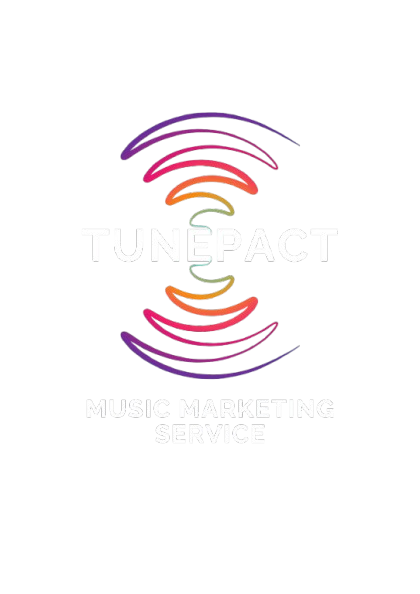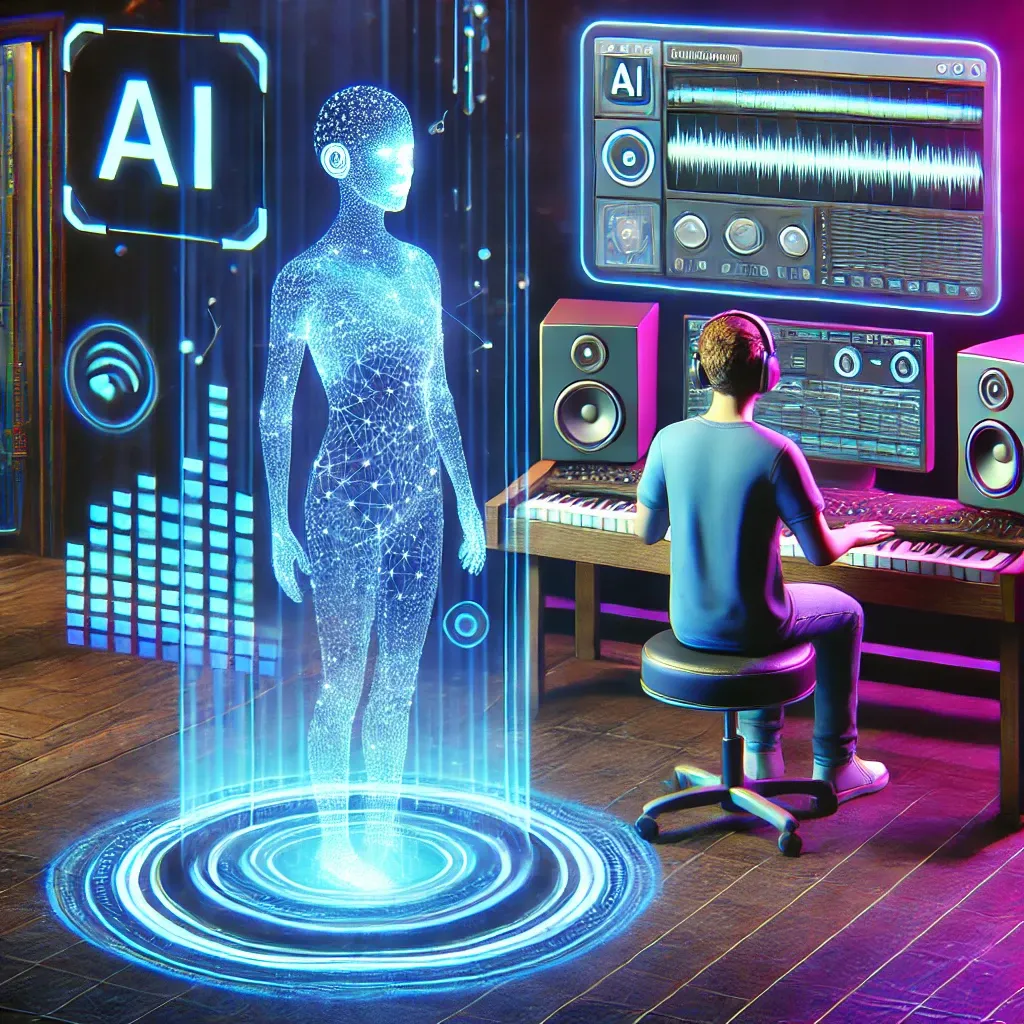Introduction: New player has emerged on stage
In the evolving landscape of music, Artificial Intelligence (AI) has become a pivotal force. This technology, once relegated to futuristic visions, is now a tangible influence in the realm of music creation, production, and performance. As a music researcher, I have closely observed the concerns and debates surrounding AI among artists. At forums like PMC 2023, AI’s role in music was a significant topic of concern, sparking extensive discussions. My interactions with music professionals at SyncCon 2023 further highlighted the industry’s mixed reactions to AI. These experiences have inspired me to delve into the complexities of AI in music. This article aims to explore AI’s multifaceted role, address the controversies it stirs regarding creative authenticity, and dissect the intricate copyright issues it presents. My goal is to offer musicians and industry professionals a comprehensive understanding of AI’s impact and potential in the music world.
“Artificial intelligence will reach human levels by around 2029. Follow that out further to, say, 2045, we will have multiplied the intelligence, the human biological machine intelligence of our civilization a billion-fold.” Ray Kurzweil
1. Understanding AI’s Role in Music Creation
AI’s involvement in music is not about replacing human creativity but augmenting it. From algorithms that can generate basic melodies to sophisticated systems capable of composing complex orchestral pieces, AI is expanding the boundaries of music creation. It serves as a tool that can inspire new musical ideas, assist in the composition process, and even help overcome creative blocks. Yet, as AI becomes more capable, questions arise about the role of the musician in this new paradigm – are they to become mere curators of AI-generated content, or can they coexist with AI as collaborators in the creative process?
2. The Debate: AI in Music and Creative Authenticity
The integration of AI in music has sparked a fierce debate about authenticity in art. Can a piece composed by AI be considered ‘true’ music, or is it merely a soulless assembly of notes? While some argue that AI undermines the emotional depth and authenticity traditionally inherent in music, others see it as a groundbreaking tool that opens up endless creative possibilities. In my view, if we recognize AI as an extension of human intelligence, it becomes a collaborator in our creative endeavors. This perspective allows us to leverage AI as a tool for augmenting human creativity, opening new avenues for musical expression.
3. How AI is Changing the Music Production Landscape
AI’s influence extends beyond composition to the realm of music production. Advanced algorithms are now capable of mixing, mastering, and even suggesting alterations to tracks—tasks that were once the sole preserve of human producers. This technology offers unprecedented efficiency and precision, allowing for quicker production cycles and potentially lowering costs. However, it also raises concerns about homogenization in music and the loss of the unique touch that human producers bring to a piece. As AI tools become more sophisticated, the music industry must navigate these changes, balancing technological advancement with the preservation of human artistry in music production.
4. AI’s Impact on Songwriting and Composition
AI’s role in songwriting and composition heralds a new era for music creation. AI tools like Amper and AIVA offer the ability to craft melodies and harmonies, pushing the boundaries of traditional songwriting. These tools can be particularly beneficial for artists seeking inspiration or quick prototypes of musical ideas. However, this also raises questions about the originality of music created with AI assistance. As AI algorithms become more advanced, they challenge the conventional understanding of the artist’s role in the creative process: are musicians steering the ship or merely fine-tuning AI’s creations?
5. The Copyright Debate in AI-Generated Music
Copyright issues loom large in the age of AI-generated music. Who owns a piece of music created by AI? This question becomes complex when the AI’s programming is based on existing music. Current copyright laws, designed for human creators, are struggling to adapt to this new reality. The legal system faces the challenge of balancing the rights of programmers, users, and potentially even the AI itself, in a landscape where the lines of creativity are continually blurred.
6. Balancing Human Touch with AI Efficiency
Amidst the technological advancements, there is a growing emphasis on maintaining the human touch in music. While AI offers efficiency and innovation, the emotional connection and intuition of a human musician remain irreplaceable. Musicians are finding ways to use AI as a collaborative tool rather than a replacement, blending AI’s efficiency with human creativity. This balance is key to ensuring that music, regardless of how it’s created, continues to resonate on a personal and emotional level with its audience
7. Case Studies: Successful AI and Musician Collaborations
Several pioneering collaborations between AI and musicians highlight the potential of this synergy. Notable examples include Taryn Southern’s album composed with Amper AI, and YACHT’s use of machine learning for their album “Chain Tripping.” These cases show how AI can be a co-creator, helping artists explore new musical territories. Such collaborations offer a glimpse into a future where AI aids in the creative process, bringing a unique dimension to music creation.
8. Musicians’ Perspectives on AI:Opportunities and Concerns
The perspectives of musicians on AI in music are a subject of lively debate. While some artists embrace AI as a revolutionary tool for innovation and exploration, others view it with skepticism, fearing it may diminish the essence of human creativity in music. This dichotomy raises significant questions: Will AI’s involvement in music creation lead to a homogenized musical landscape, or will it allow for a richer tapestry of sounds and styles? How can musicians balance the use of AI to enhance their craft without losing their unique artistic identity? These questions are at the heart of the ongoing debate about AI’s role in the future of music.
9. The Future of Live Performances with AI Integration
AI is also making its mark on live performances. AI-driven visualizations and interactive elements are enhancing concert experiences and creating immersive environments for audiences.Musicians like Björk and Holly Herndon have experimented with AI in live settings, showcasing its potential to transform concerts into high-tech, interactive experiences. As AI technology advances, it could become a standard feature in live music, offering new ways for artists to connect with their audience.
10. Educational Opportunities: AI in Music Learning and Training
AI is revolutionizing music education. With tools like AIVA, students can analyze composition styles and learn from AI-created examples. AI can also offer personalized learning experiences, adapting to individual skill levels and preferences. However, this raises questions about the standardization of musical education and the importance of human mentorship in nurturing creativity.
11. The Ethics of AI in Music: Navigating New Territories
The ethical implications of AI in music creation are complex. Issues around the authenticity of AI-created music, the potential for homogenization of styles, and the impact on employment in the music industry are critical considerations. As AI continues to evolve, establishing ethical guidelines and practices will be crucial to maintaining the integrity of the music industry.
12. Marketing and Distribution in the AI Era
AI in music marketing goes beyond simple data analysis. It involves sophisticated algorithms that can predict music trends, analyze listener habits, and even suggest the best release times for new tracks. This technology is revolutionizing the way music is marketed, allowing for hyper-personalized campaigns that resonate with specific audience segments. Platforms like Tunepact are harnessing this power, offering artists a more nuanced and effective way to connect with their audience. By utilizing AI, Tunepact can help artists and music professionals navigate the digital landscape, ensuring their music not only reaches but also engages the right listeners.
13. Conclusion: Embracing AI in Music – A Balanced Approach
As we conclude our exploration of AI in the music industry, it’s evident that a balanced approach is key. While AI offers incredible tools for creativity, efficiency, and insight, the heart of music still lies in human expression and connection. Embracing AI as a collaborative tool rather than a replacement can lead to exciting, innovative musical journeys. From my perspective, although AI poses valid concerns for music professionals, it also presents equal opportunities for growth. As a technophile, I’m eager to see how we can harness AI to create musical masterpieces, recognizing that true understanding and confidence in this technology will come from diving into it and experiencing its potential first-hand.
14. FAQS:
- How is AI changing the music industry? AI is transforming music creation, production, marketing, and distribution, offering new tools for efficiency and creativity.
- Can AI replace human musicians? While AI can complement and enhance music creation, it cannot replace the emotional depth and intuition of human musicians.
- What are the legal implications of AI-generated music? AI-generated music raises complex copyright issues, particularly regarding ownership and originality.
- How can musicians use AI to their advantage? Musicians can use AI for inspiration, efficiency in production, and understanding market trends to better position their music.
- Is the use of AI in music ethically sound? The use of AI in music raises ethical questions, particularly around authenticity and creativity, requiring careful consideration and balanced use.



